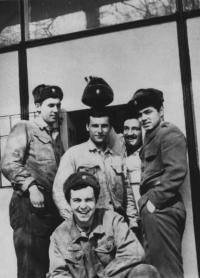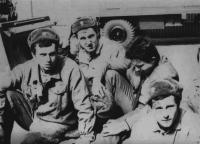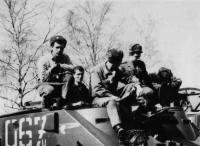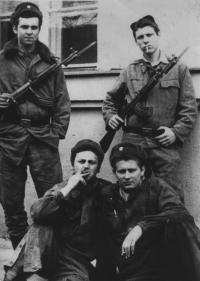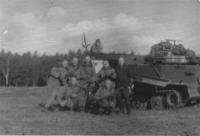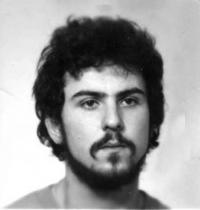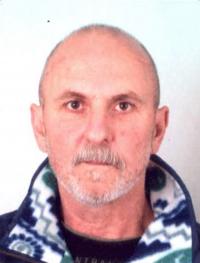Whenever I remember my time in the military, I feel awfully cold

Download image
František Netušil was born on 22 June 1961 in Pilsen. In April 1980 he began his compulsory military service at the sapper battalion of the 17th Tank Regiment, with which he participated in the Krkonoše 1980 field exercise. After completing his service in spring 1982, he worked at a construction company in Prague 1. During the year 1989 he took part in demonstrations against the regime, but on 17 November he happened to be in Munich. In 2004 to 2014 he worked as an assistant carer at a youth institute.
